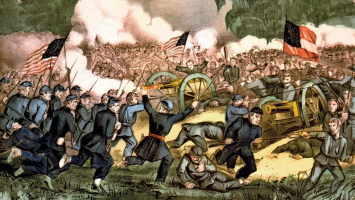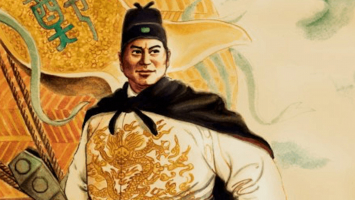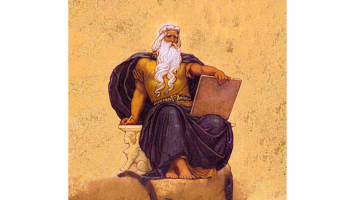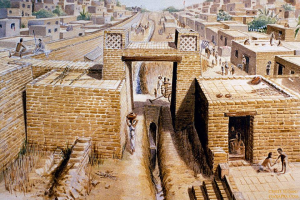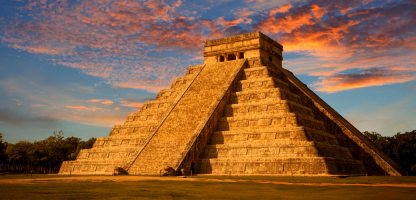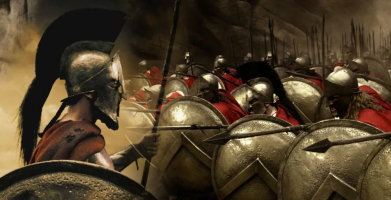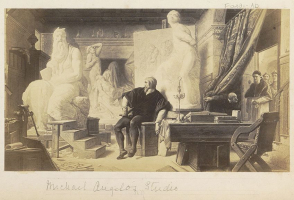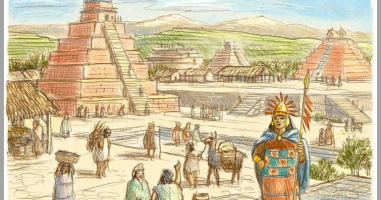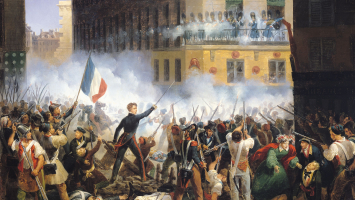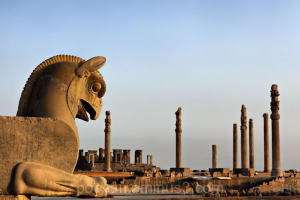Top 6 Interesting Facts about the Classical Antiquity Period
Classical antiquity is the period of cultural history centered on the Mediterranean Sea between the eighth and sixth centuries BC, comprising the interlocking ... read more...civilizations of ancient Greece and ancient Rome known as the Greco-Roman world. It is the time when both Greek and Roman societies prospered and exercised enormous power across most of Europe, North Africa, and Western Asia. Here are some interesting facts about the classical antiquity period you should know.
-
Ancient Greek civilization was a time of political, intellectual, artistic, and scientific achievements that left an indelible mark on Western culture. For example, Ancient Greece was home to a plethora of academics and historical figures. The Greeks were the first Western civilization to believe in logical answers to life's most pressing problems. During this time period, beliefs about nature were hypothesized that incorporated myths and religion as well as science. Those now regarded as the first scientists may have considered themselves natural philosophers, practitioners of a skilled trade, or adherents of a religious tradition. Hippocrates, Aristotle, Euclid, Archimedes, Hipparchus, Galen, and Ptolemy were among the most well-known figures active during this time period. Their contributions and interpretations were diffused throughout the Eastern, Islamic, and Latin civilizations, and they helped to birth modern science. Their works ranged across numerous disciplines, including mathematics, cosmology, medicine, and physics.
According to Joshua J. Mark ( a writer of worldhistory.org), Western philosophy (Socrates, Plato, and Aristotle), literature (Homer and Hesiod), mathematics (Pythagoras and Euclid), history (Herodotus), drama (Sophocles, Euripides, and Aristophanes), the Olympic Games, and democracy all originated in Ancient Greece. The concept of an atomic cosmos was first proposed in Greece by Democritus and Leucippus. Thales of Miletus and those who followed him were the first to introduce the modern scientific method. The Latin alphabet was also introduced to the region through Phoenician colonization in the 8th century BCE, and early work in physics and engineering was pioneered by Archimedes, of the Greek colony of Syracuse, among others.
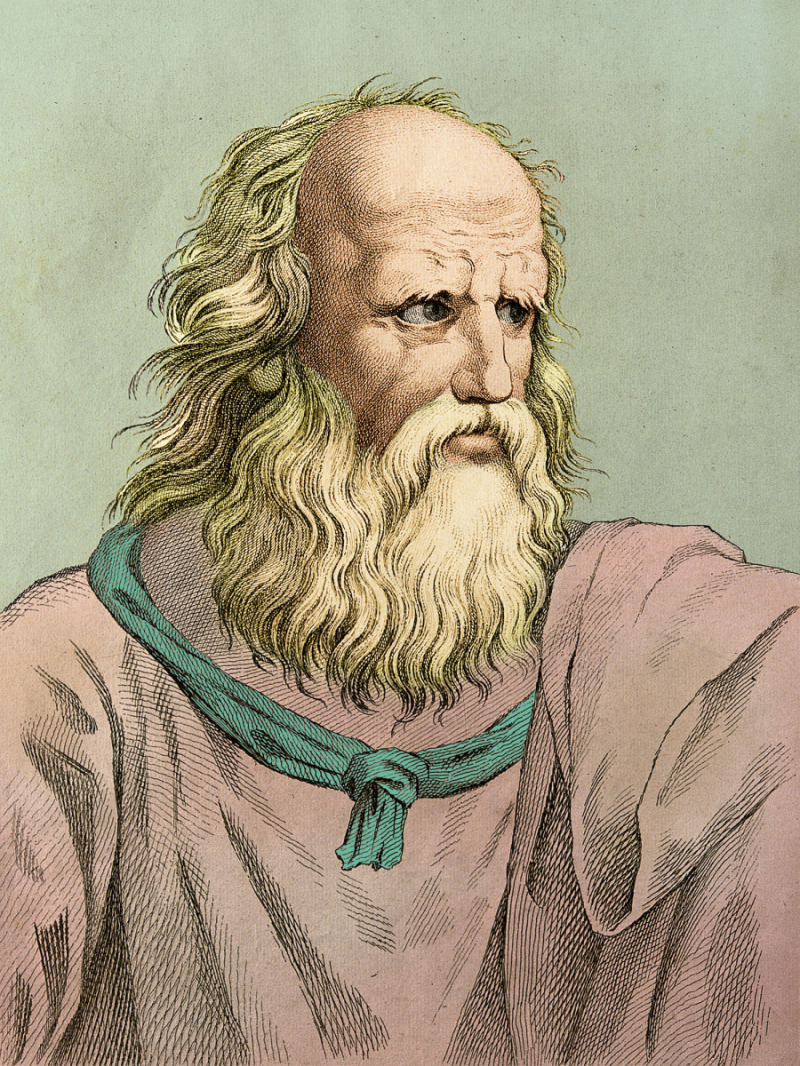
Plato -owlcation.com 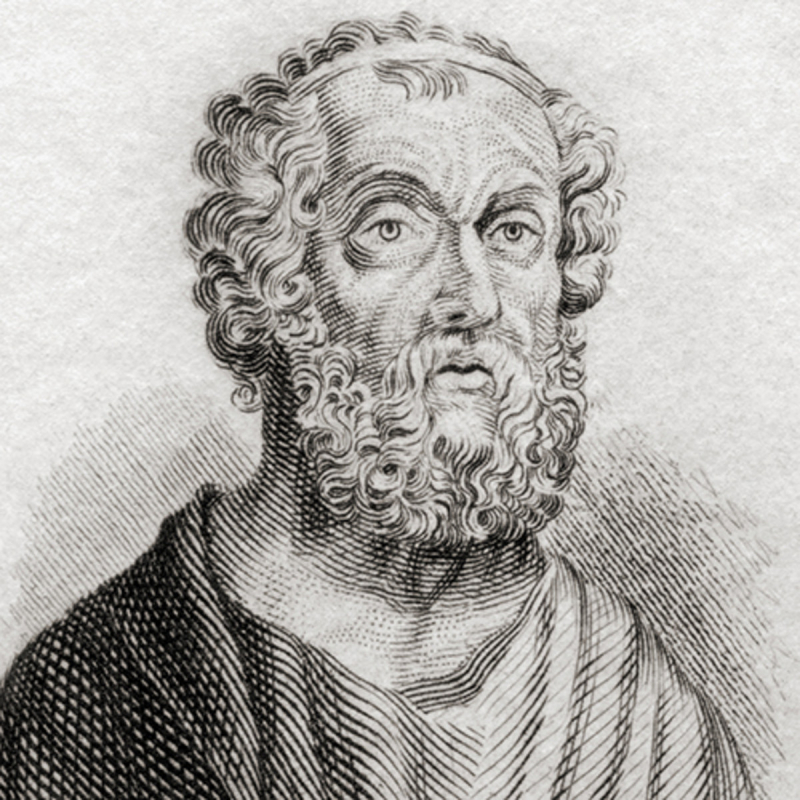
Homer -biography.com -
It is a fact that unibrows were regarded as a symbol of beauty in classical antiquity. Beauty was immensely valued in ancient Greece, both for men and women, according to Anna Wichmann (writer of Greek Reporter). Attractive ancient Greeks, especially men, were commonly described as "kaloskagathos," an adjective that combines "kalos," which means beautiful or handsome, with "agathos," which means virtuous or good. Numerous works of art representing the human form, as well as intellectual treatises on the nature of beauty from antiquity, witness the fact that beauty was highly valued in ancient Greece. The ancient Greeks believed that physical beauty was directly related to internal beauty, which meant that good-looking people were also morally decent, whereas those judged "ugly" lacked character.
According to Richard Marrison (author of Historyten), a woman's unibrow was regarded as a symbol of intelligence and exquisite beauty during classical Antiquity. Many women who did not have naturally occurring unibrows used cosmetics to achieve them. The obsession with symmetry went even to the brows. Those with brows that connected in the center, known as a unibrow, were thought to be more symmetrical and hence more beautiful in ancient Greece. Those who did not already have a unibrow were known to fill in the area between their brows with kohl, or black shadow-like eyeliner. This was also used by women in ancient Greece to line their eyes and darken their eyelashes.
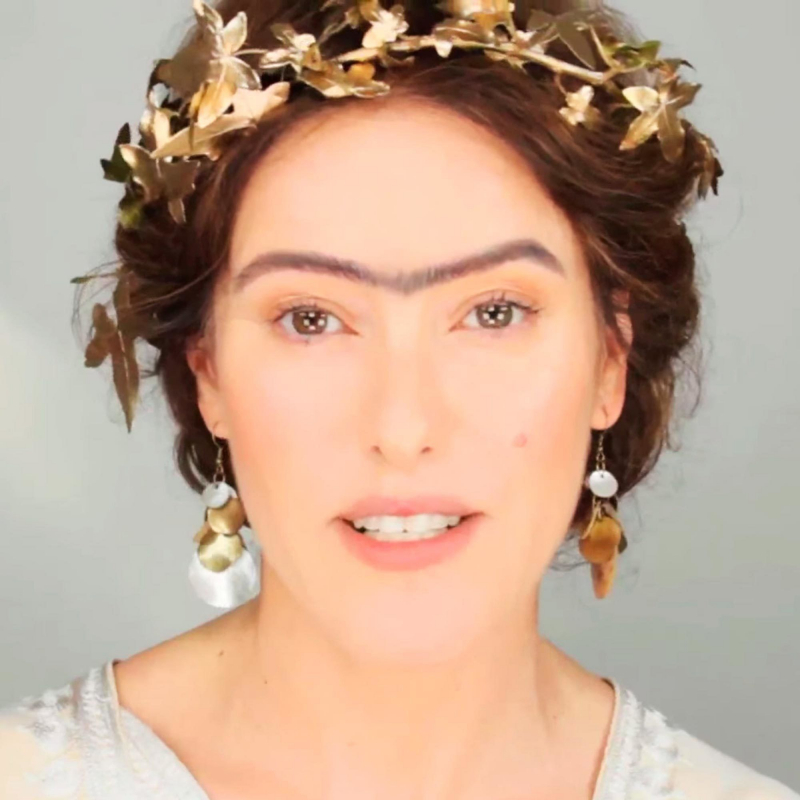
elle.com 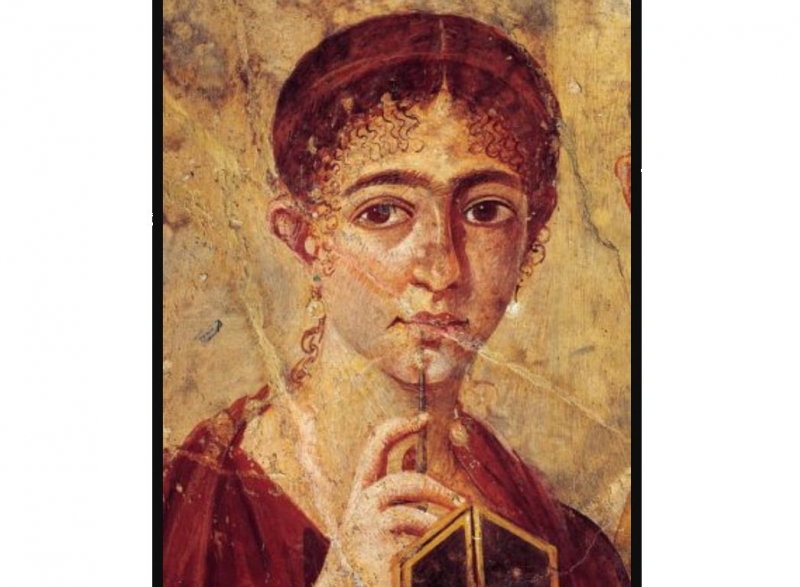
twitter.com -
One of the most interesting facts about the classical antiquity period is that the first Ancient Olympic Games, in 776 BC, were also held around this time. The ancient Olympic Games were a series of athletic tournaments between city-state representatives and one of the Panhellenic Games of Ancient Greece. They were held in Zeus' honor, and the Greeks gave them mythological significance. The first Olympic Games are thought to have taken place in 776 BC. The games, which were held every four years, became a unit of time in historical chronologies. They were still observed until Greece fell under Roman control in the second century BC. Their final recorded festival was in AD 393, under the reign of Emperor Theodosius I, but archeological evidence suggests that some games continued after this period. The games most certainly ended during Theodosius II's tenure, probably as a result of a fire that destroyed the Olympian Zeus' temple during his reign.
The ancient Olympics had fewer events than the current games, and only freeborn Greek men were permitted to compete, while triumphant women chariot owners were permitted. Athletes from any Greek city-state or kingdom were welcome to compete as long as they completed the entry requirements. The games were always held in Olympia, rather than traveling around as is the tradition with the Olympic Games. Olympic champions were celebrated, and their achievements were documented for future generations.
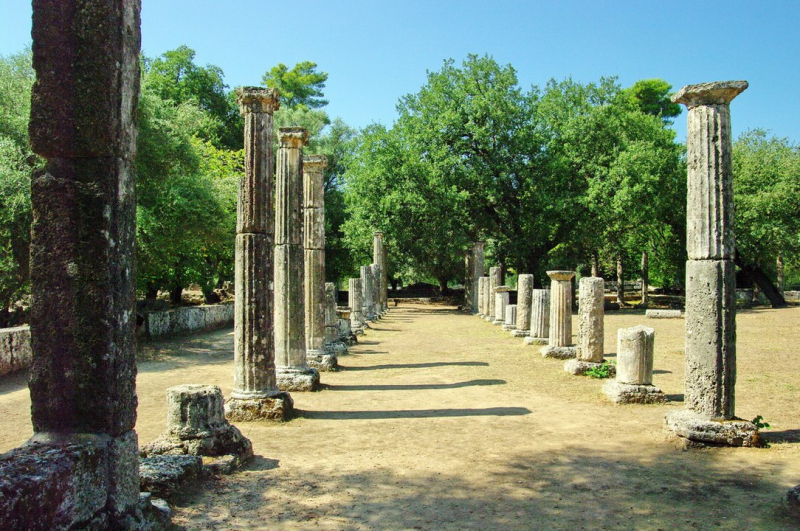
The palaestra of Olympia -en.wikipedia.org 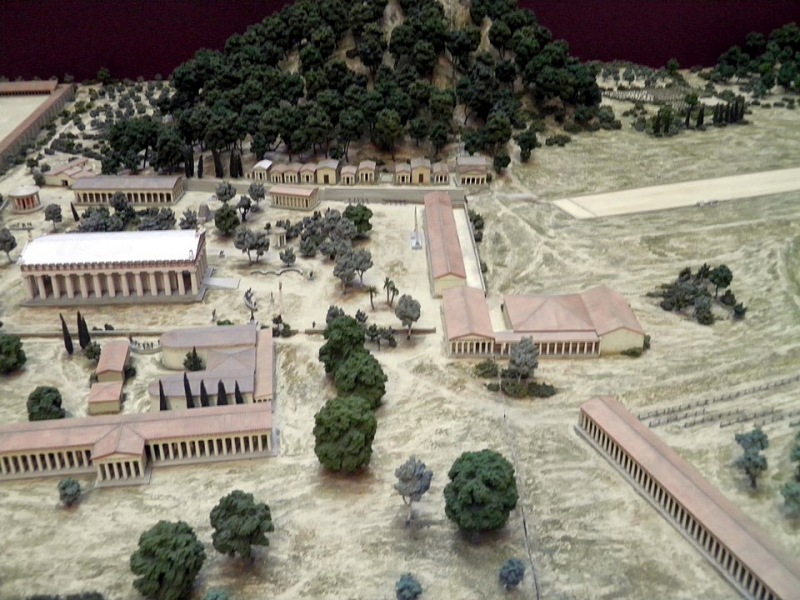
This model is the site of Olympia, home of the ancient Olympic Games -en.wikipedia.org -
It is a fact that Homer's lifetime is commonly regarded as the beginning of classical antiquity. Homer is the mythological author who is credited with writing the Iliad and the Odyssey (the two epic poems that constitute the cornerstone works of ancient Greek literature). He is often considered one of history's finest and most important authors. The Iliad and Odyssey are the first works of Greek literature that have survived to the current day, and they are considered to be among the greatest treasures of the ancient world. They originated in the Mycenaean civilization. The Iliad recounts the Trojan War, which occurred around 1190 BC. Homer's texts were most likely composed much later, after 800 BC.
Classical antiquity is traditionally defined as beginning with Homer's Epic Greek poetry (8th-7th century BC) and continuing until the birth of Christianity (1st century AD) and the fall of the Western Roman Empire (5th century AD). It comes to an end with the decline of classical civilization in late antiquity (250-750), which overlaps with the Early Middle Ages (600–1000). Such a vast history and region encompasses many different cultures and periods.
The earliest period of classical antiquity occurs against the backdrop of the gradual re-appearance of historical materials following the end of the Bronze Age. The eighth and seventh centuries BC remain primarily proto-historical, with the first Greek alphabetic inscriptions occurring in the first half of the eighth century. Homer is thought to have lived in the eighth or seventh centuries BC, and his life is frequently regarded as the beginning of classical antiquity. The traditional date for the establishment of the Ancient Olympic Games, 776 BC, also falls during this time period.
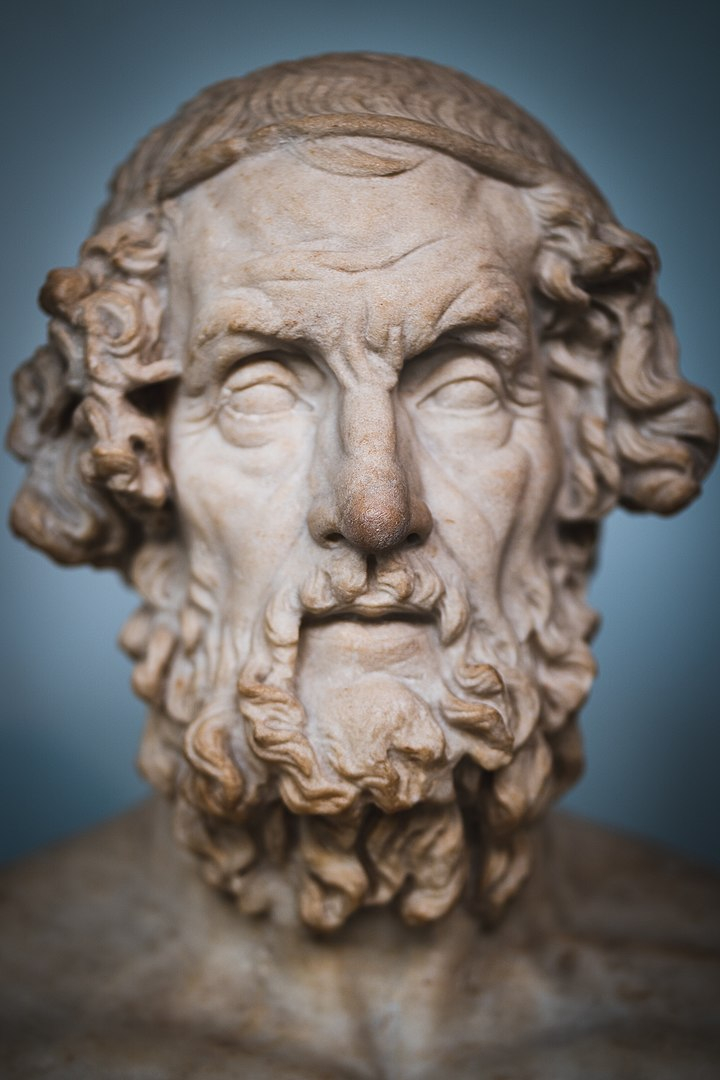
Bust of Homer -simple.wikipedia.org 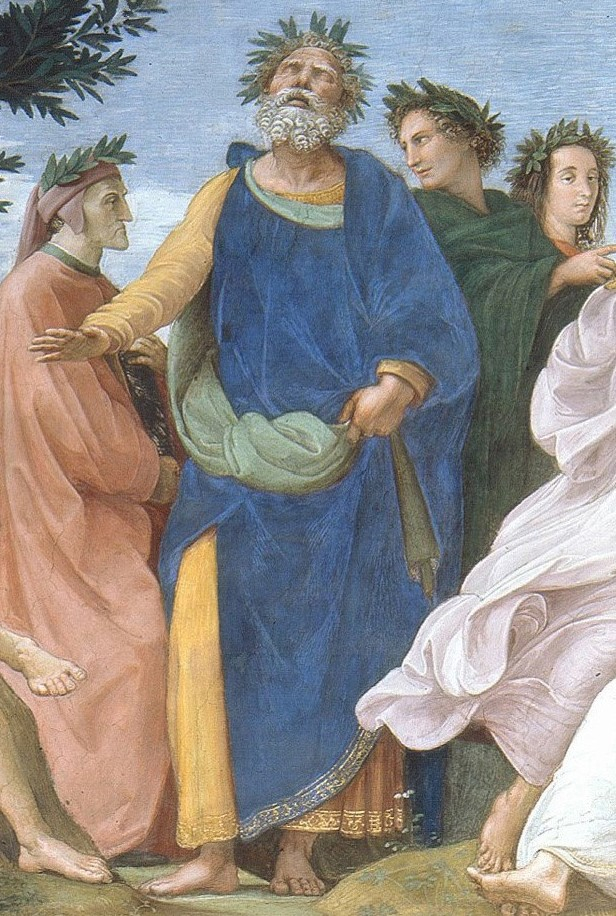
Homer -en.wikipedia.org -
One of the most interesting facts about the classical antiquity period is that classical antiquity is the period when both Greek and Roman societies flourished and held enormous power. Classical antiquity (also known as the classical era, classical period, or classical age) is the period of cultural history focused on the Mediterranean Sea, encompassing the intertwining civilizations of ancient Greece and ancient Rome known as the Greco-Roman world. It is the time when both Greek and Roman societies prospered and held enormous power across most of Europe, North Africa, and Western Asia.
Until the Roman imperial period, the ancient Greek culture, with some influences from the ancient Near East, served as the foundation of European art, philosophy, society, and education. The Romans preserved, imitated, and extended this civilization throughout Europe until they could compete with it, and the classical world began to speak Latin in addition to Greek. This Greco-Roman cultural foundation has had a huge impact on the modern world's language, politics, law, educational institutions, philosophy, science, warfare, poetry, historiography, ethics, rhetoric, art, and architecture. Surviving pieces of ancient culture sparked a rebirth that became known as the Renaissance in the 14th century, and various neo-classical revivals occurred in the 18th and 19th centuries.
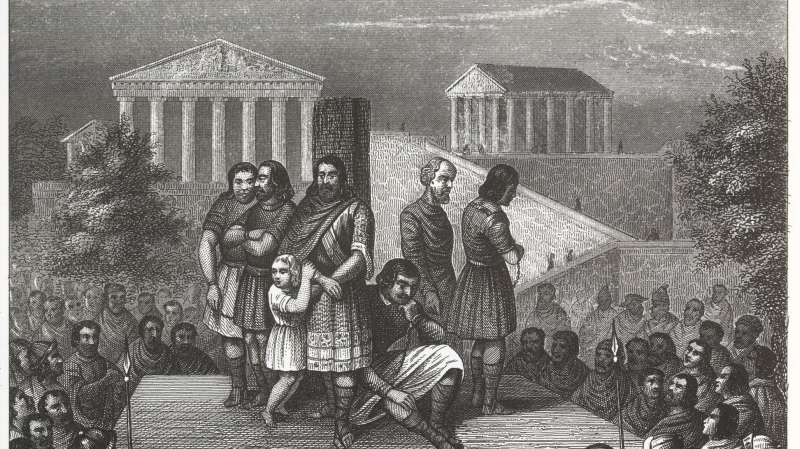
Roman society -thoughtco.com 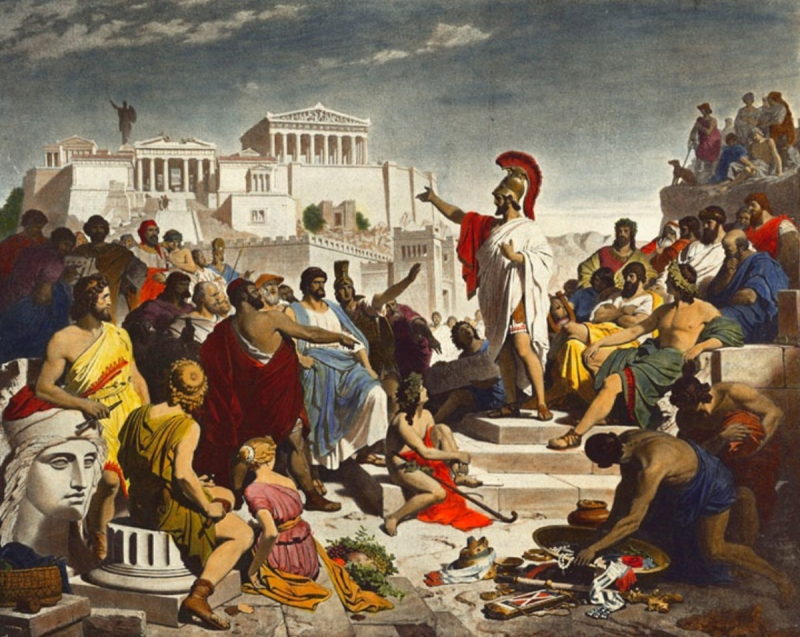
greek society -medium.com -
One of the interesting facts about the classical antiquity period is that salt was used as a currency. Salt was one of the greatest treasures of the ancient world, according to Natalia Klimczak, author of Ancient Origins. Many people were employed by mineral production facilities, but most of the sites have been demolished or are now submerged deep beneath the ground and buildings of modern cities. There are, however, a few amazing sites that document the work of those who created an ancient symbol of luxury. Most people nowadays cannot fathom their lives without salt. It is found in a variety of everyday products ranging from food to cosmetics. Furthermore, the use of salt has a long history. A person who owned a salt-producing location was exceedingly wealthy in ancient times.
In the Roman Empire and the early Roman Republic, salt was immensely popular. Salt was also employed as currency by the Roman Legions at times. Because salt has a high value, an old Roman saying stated that those who did their jobs properly were "worth their salt." People in ancient Rome built salty pools in sunny areas. These might be used to construct miniature salt "factories" for specific individuals. A person with a salt pond or pool would be considered one of the wealthiest members of their community.
According to Wim Hordijk of npr.org, salt was a significant commodity in Roman times and into the Middle Ages, commonly known as "white gold." This high demand for salt was owing to its use in food preservation, particularly for meat and fish. Because salt was so precious, troops in the Roman army were occasionally paid in salt rather than money.

washingtonpost.com 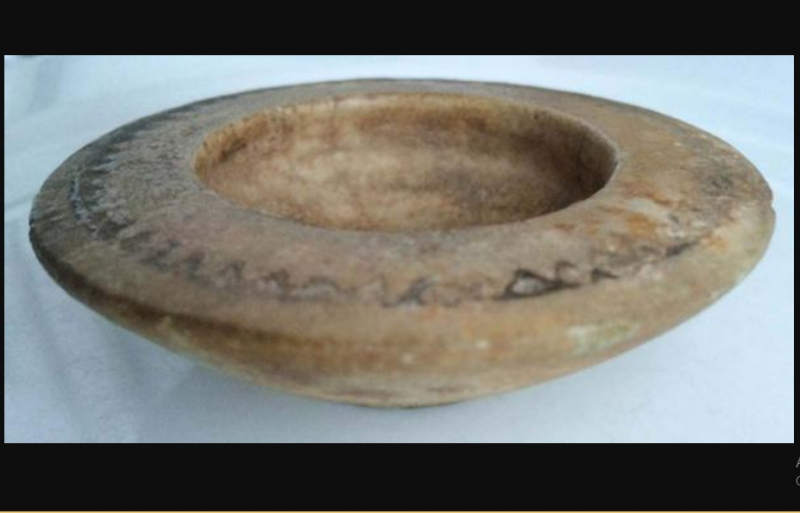
100 AD Roman miniature salt dish -ancient-origins.net








